[Top-selling item] viking the king odin all over printed shirt
- Get new items ☑️Click here
More From Trending
Embroidered Shirt
[Top-selling Item] You didnf wakeup today to be a weak ass b_tch Embroidered sweatshirt
Embroidered Shirt
[Top-selling Item] Witchy Embroidered Sweatshirt, Halloween Embroidered Sweatshirt
Embroidered Shirt
[Top-selling Item] Witches Brew Sweatshirt, Spooky Season Sweatshirt
Embroidered Shirt
Embroidered Shirt
water pollution. Meat manufacturing is also very energy-intensive. Even without accounting for the transportation of livestock and the final packaged viking the king odin all over printed shirt product, the manufacturing of meat
viking the king odin all over printed shirt
environment, and lead to increased soil erosion. Conventional meals manufacturing usually entails 1000’s of miles of transportation from point of production to the grocery retailer, using oil and gasoline that contribute to international warming. Pesticide use in standard farming contaminates runoff, water flowing over land, which is a pure part of the water cycle. Pesticide residues are present in floor water, floor water, and rainfall. This implies that viking the king odin all over printed shirt contamination may not be isolated in meals produced with pesticides, but impacts the environment as properly. Let us now briefly look at a number of the claimed advantages and alleged disadvantages of natural meals and organic farming. In addition to natural pesticides, natural farmers battle insect and pest infestation with crop rotation and cover crops. It’s not simply what you eat that can have an
impact on the Earth, it is also what you throw out after consuming. When shopping for meals, look for merchandise with minimal packaging. Less packaging signifies that much less energy and fewer chemical compounds had been required to produce that packaging, and it results in less waste. So must you become vegetarian to help the Earth? Not necessarily. Though a vegetarian or vegan food plan could also be extra eco-friendly, the University of Chicago study says that even cutting out a number of hamburgers a week can help reduce greenhouse fuel emissions. So think about eating animal products much less typically and in smaller parts. Meat is one of the main sources of saturated (or “unhealthy”) fat in our diets. Saturated fat have been mentioned to contribute to various well being issues, together with cardiovascular disease, diabetes, and some cancers. Studies have also particularly linked red meat with the next danger of lung, esophagus, liver, colon, and breast cancers. Modern meat production consumes quite a lot of water and land, and animal wastes contribute to air and






Only logged in customers who have purchased this product may leave a review.
1. Choose style, color and size. The above atributes are always available and suitable for the design, please do not hesitate to choose your favorite product. Please see our Size chart to make sure the size is right for you. See details of our product information on our Product information page.
2. Click Add to cart. Tip: Buying 2 or more products significantly reduces delivery costs.
3. Go to the checkout page. Fill out the order information and proceed with payment.
4. The system will send a confirmation email when the order is complete.
Note: 1. You can only change the order information within 4 hours of placing an order successfully. 2. Currently, due to the coronavirus pandemic, it takes us about 7-21 business days to ship product. 3. If you receive a defective product due to printing or shipping, please contact us to get a new replacement product for free.
If you have any questions, please chat with us or contact us via [email protected]. Your satisfaction is our happiness. Thank you for trusting and shopping with us!
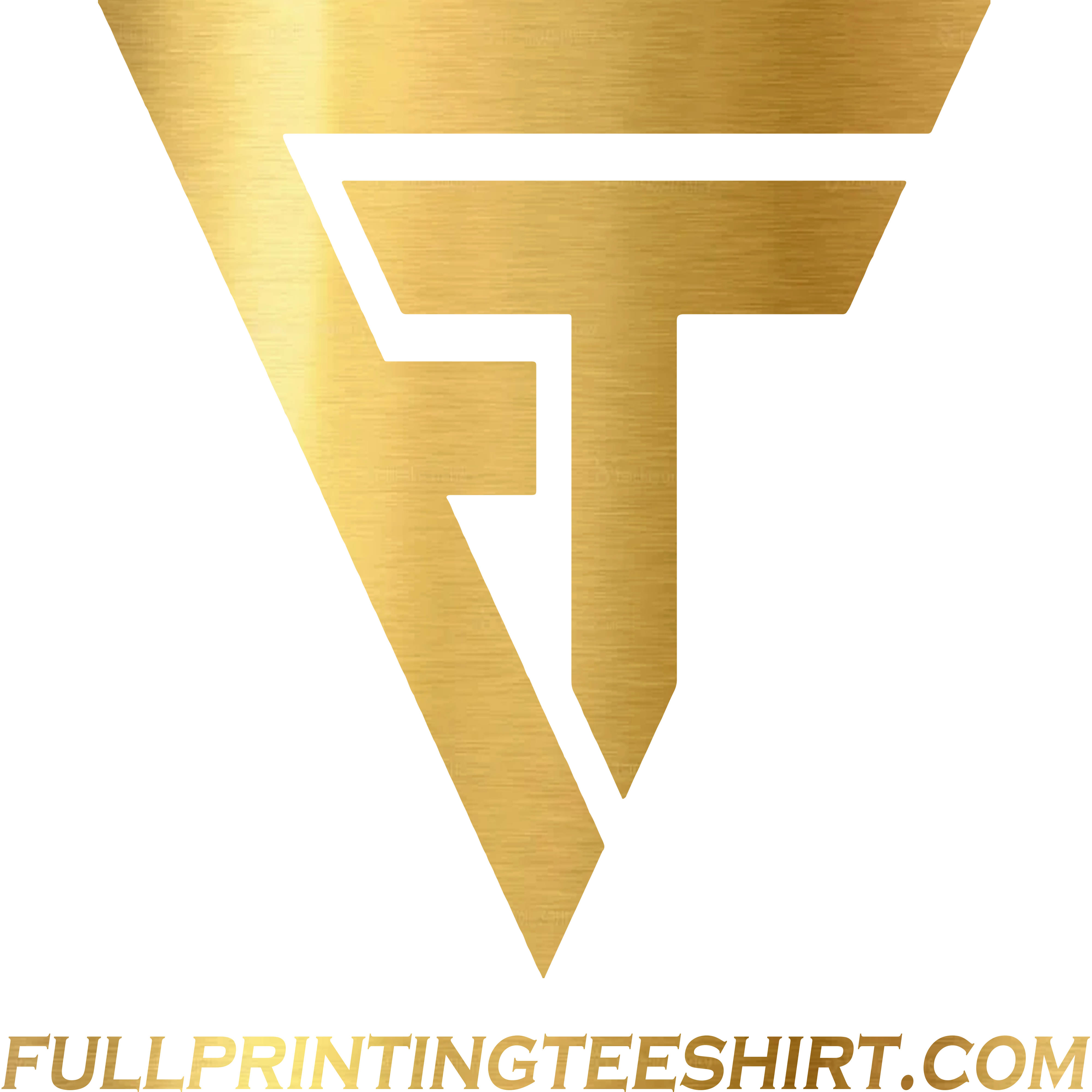
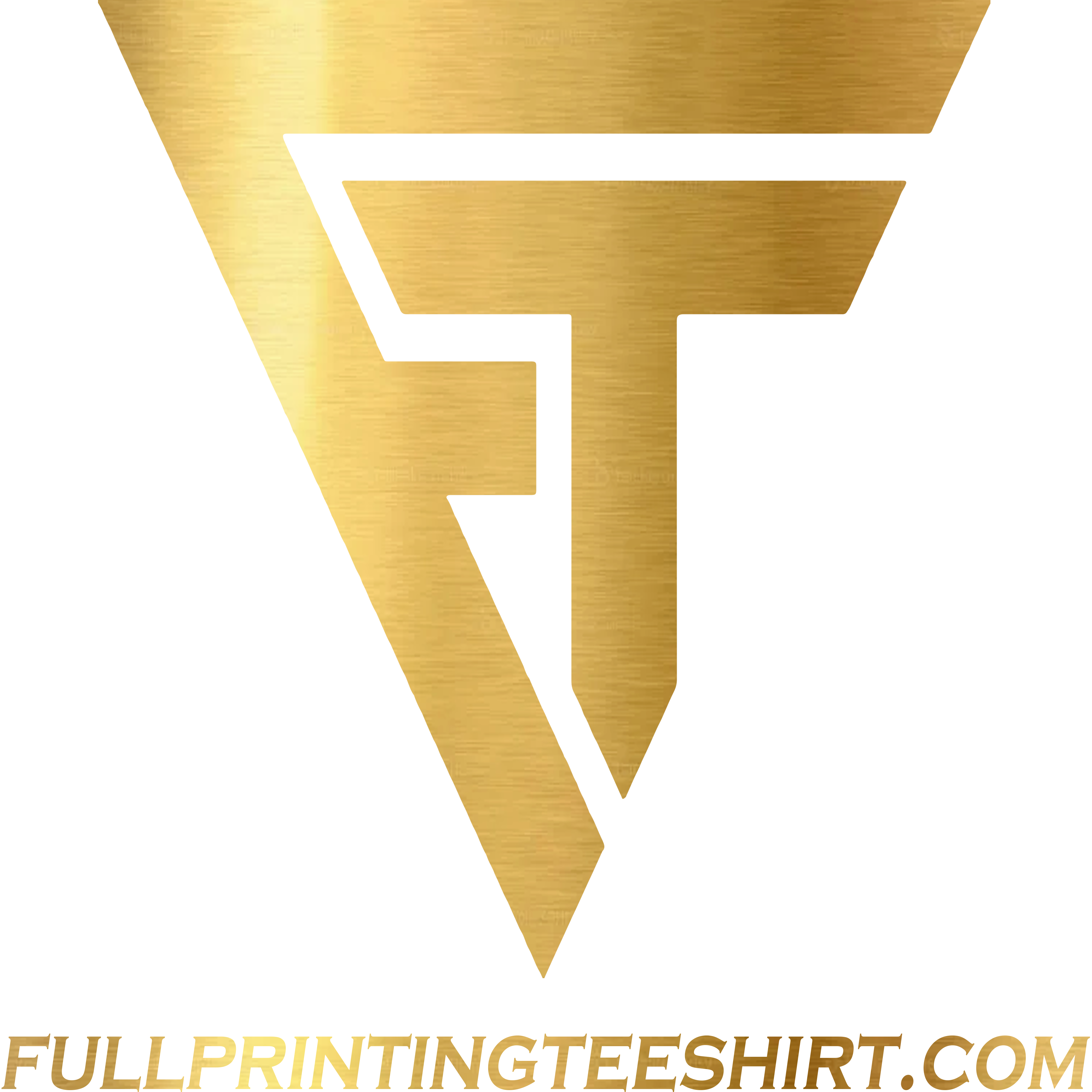

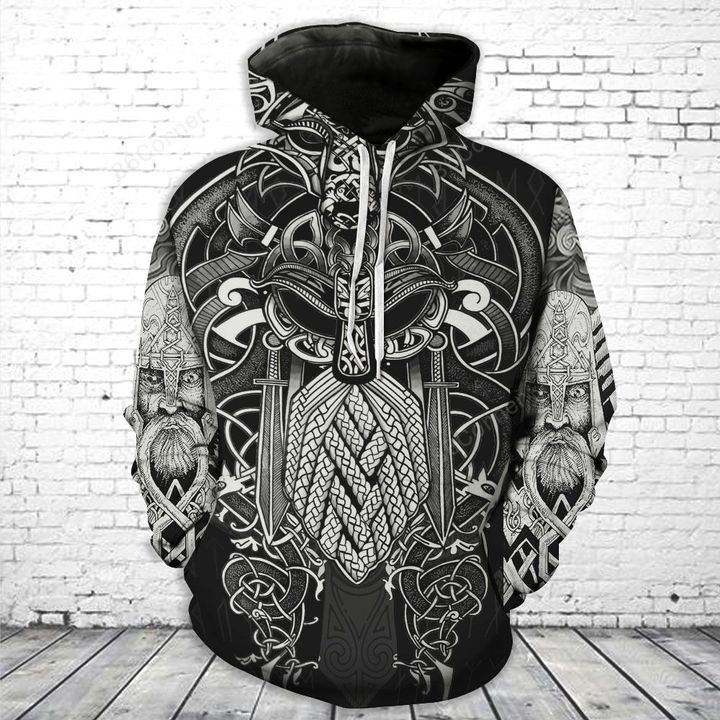
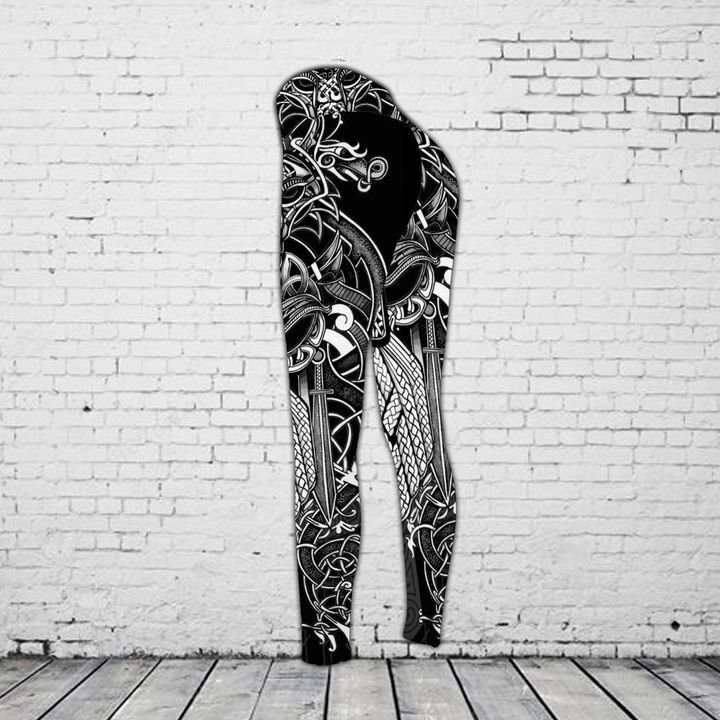
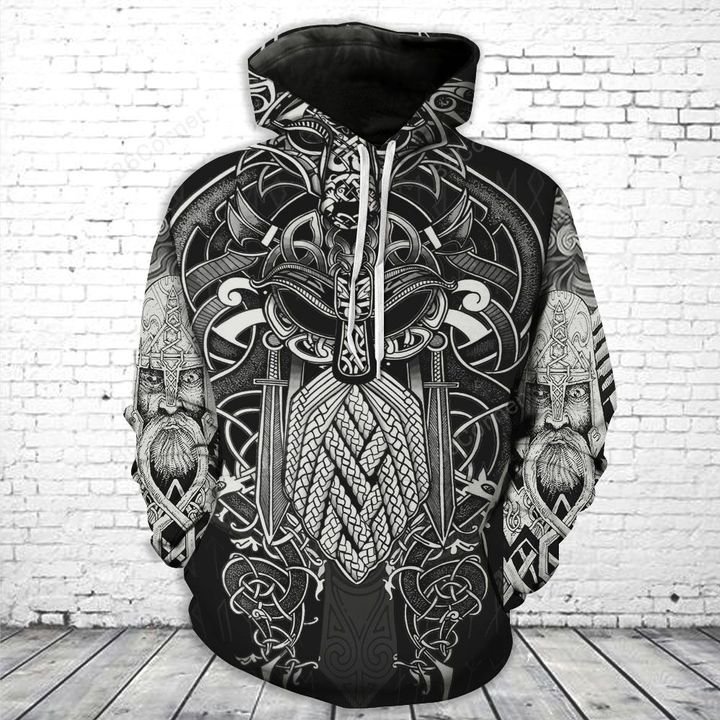
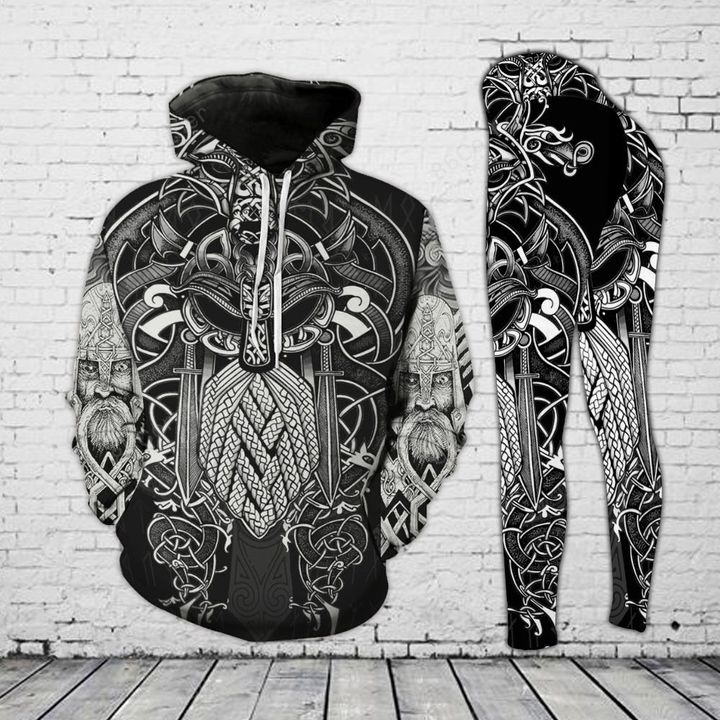
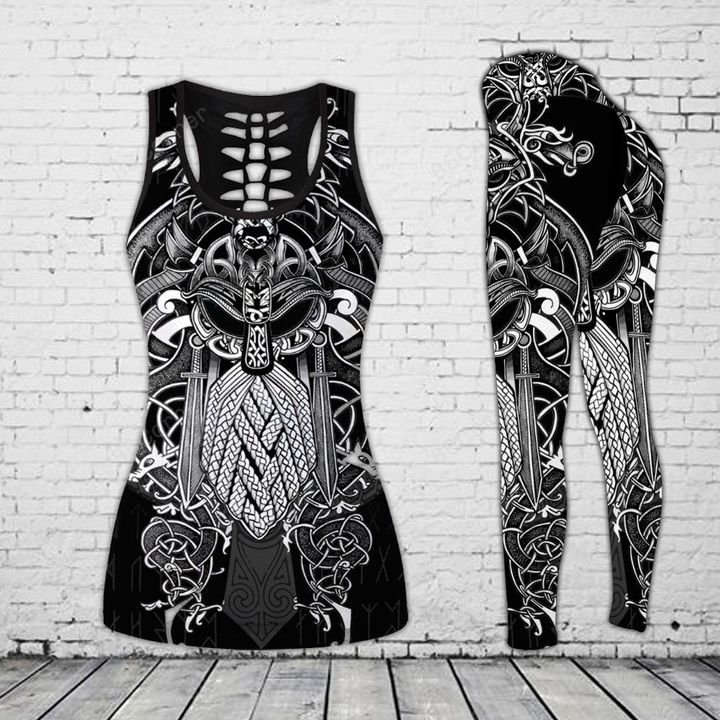
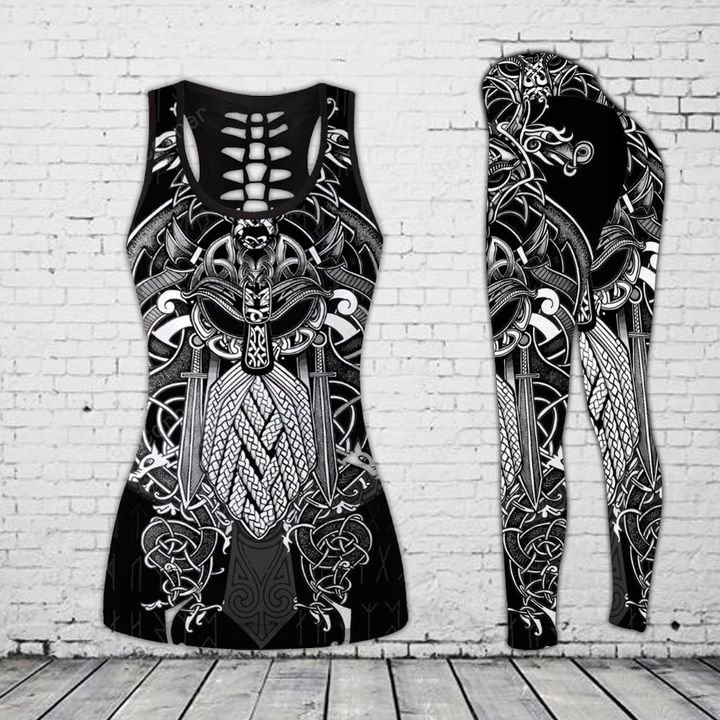








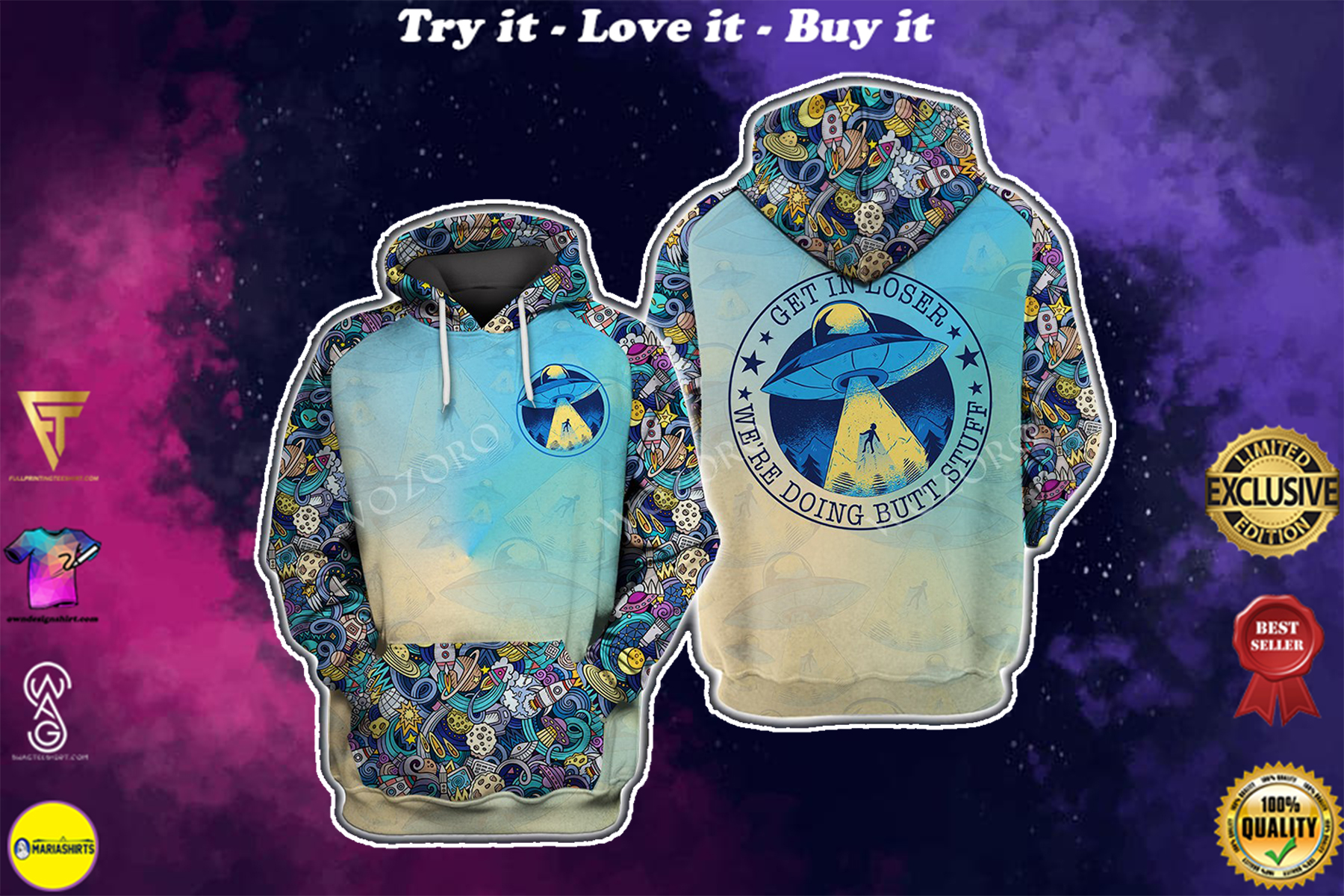
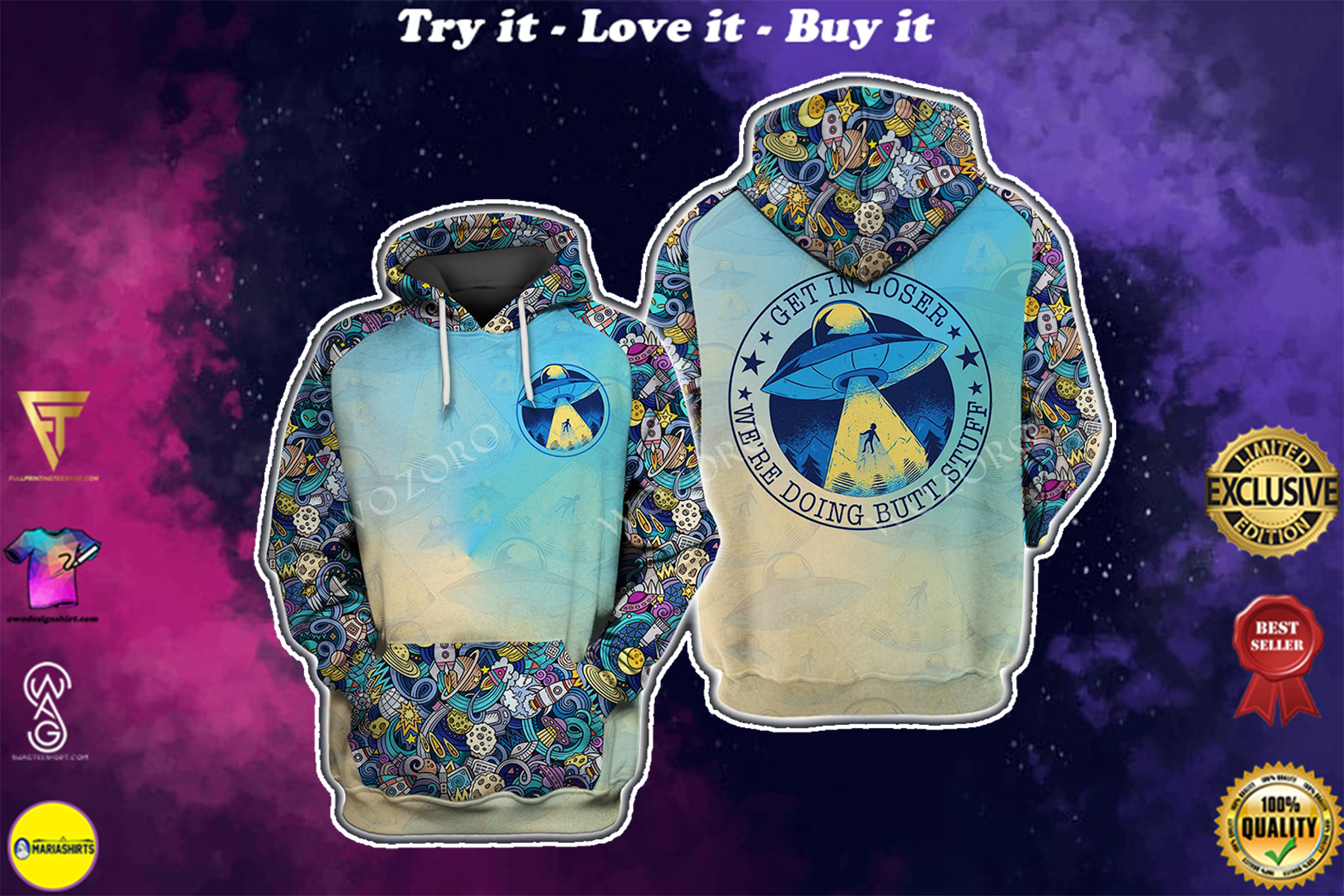







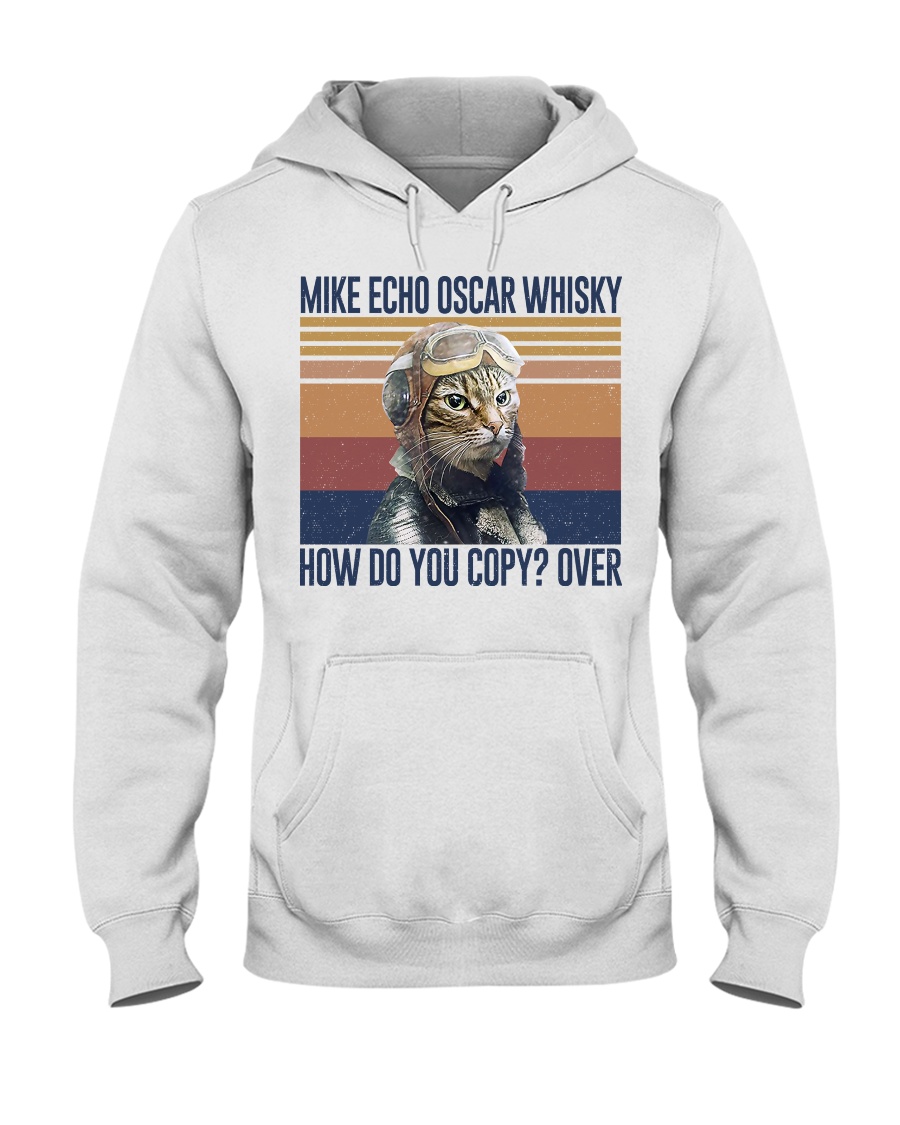



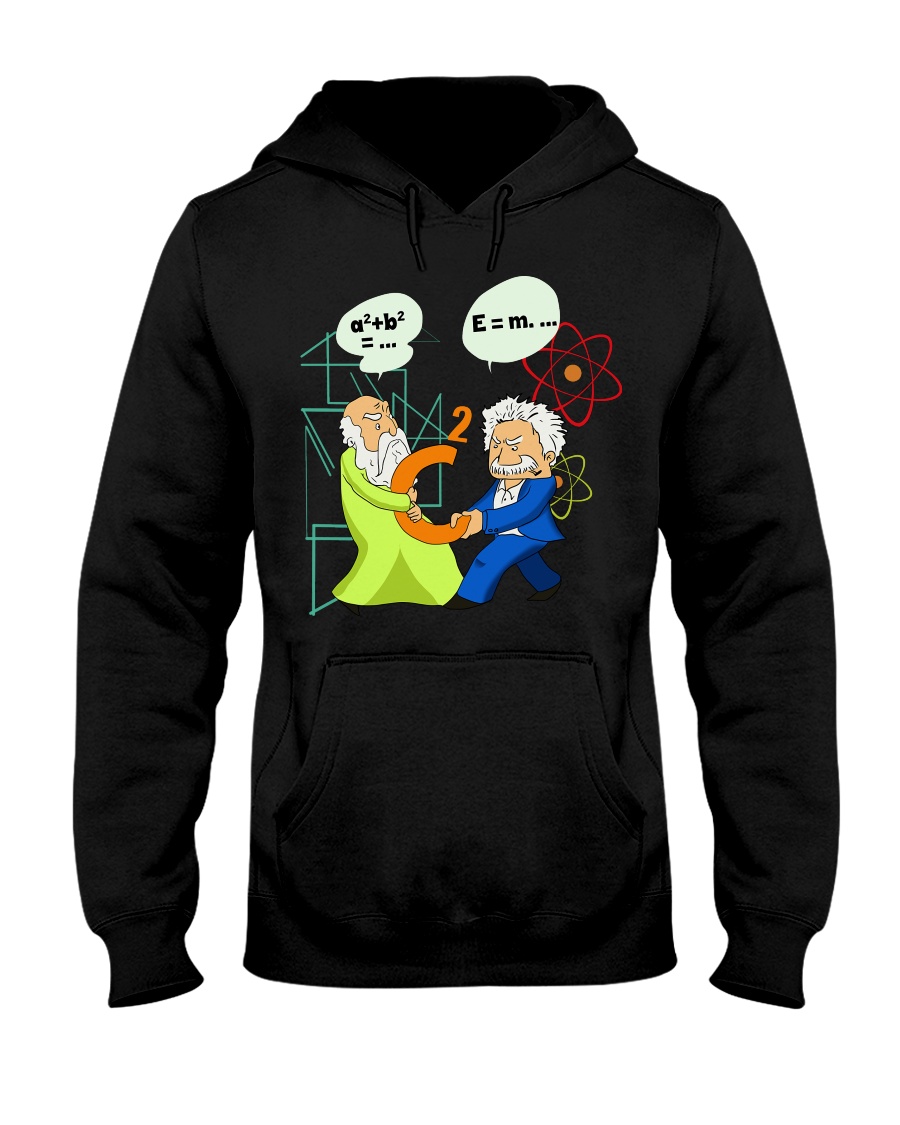









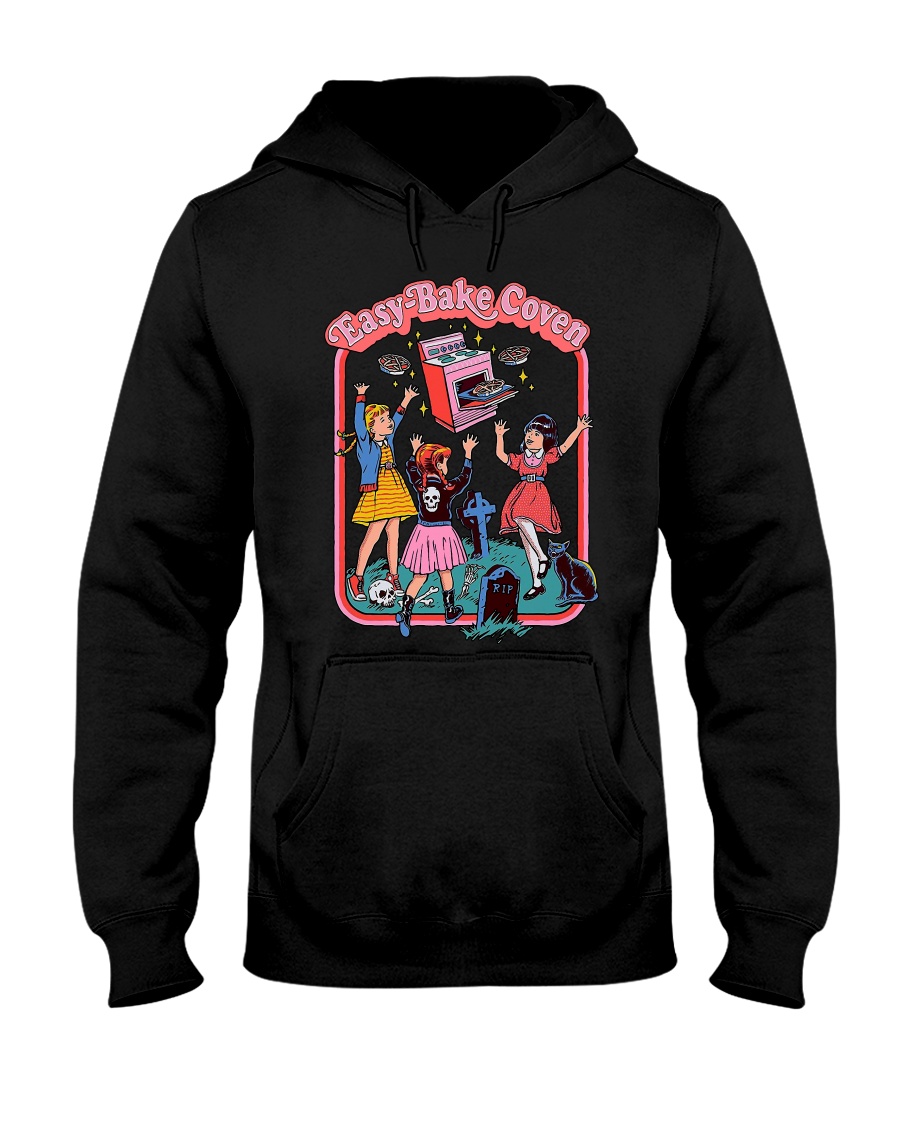
















Reviews
There are no reviews yet.